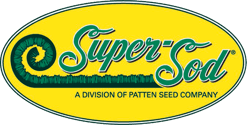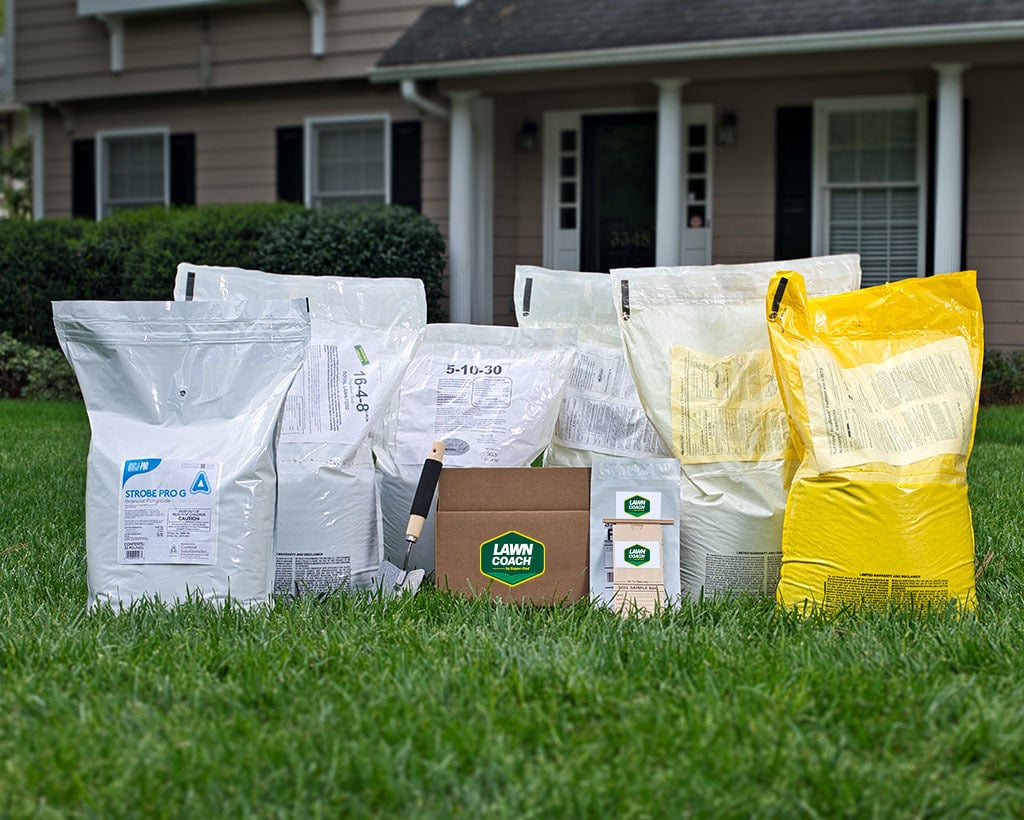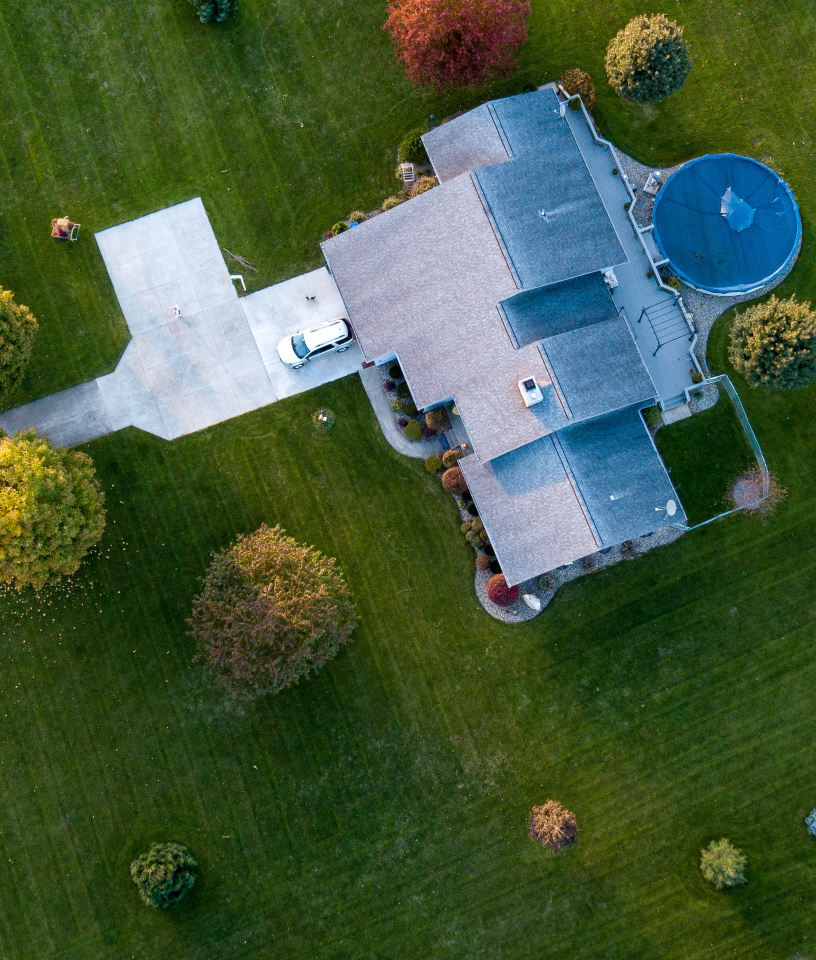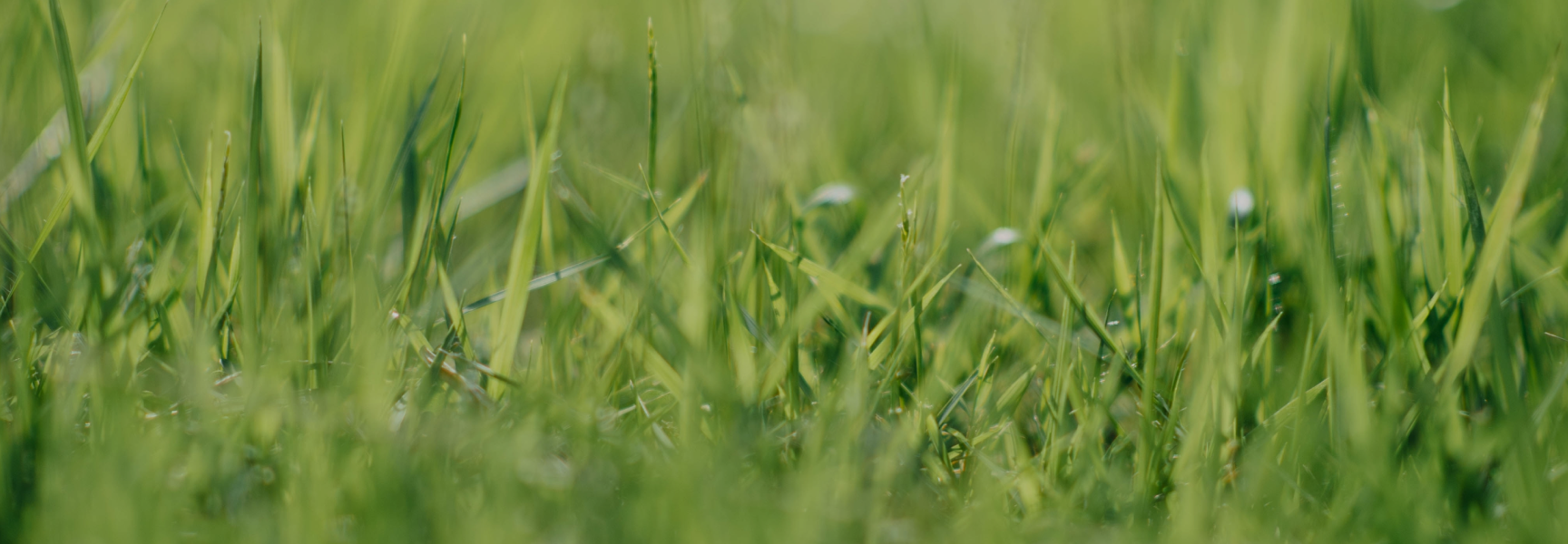
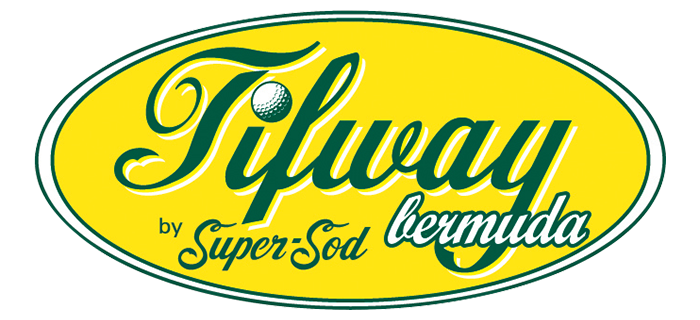
Turfgrass Spec Sheet: Tifway Bermudagrass
- Shade & Tolerance
- Drought & Tolerance
- Traffic Wear & Tear Tolerance
- Maintenance Level
(Time + Dollars)
Description
For more than 50 years (until the release of new, improved hybrid Bermuda TifTuf®), Tifway provided unmatched quality and performance. Tifway is a fine textured, light green, sterile hybrid. Tifway spreads by above ground runners (stolons) and below ground rhizomes to form a dense turf.
Uses
Tifway performs well in residential and commercial landscapes, golf course fairways and tees, sports fields as well as public and private parks and recreational sites.
Adaptability
Tifway is most successful in the typical Bermudagrass areas of the lower transition zone and the Deep South.
Adaptability Zones
Zones 7b to 11a on the 2012 USDA Plant Hardiness Zone Map or Zones 1-2 on the Turfgrass Hardiness Map.
Dormancy
Tifway is a warm-season grass that grows best in hot climates. In the upper south, after first frost, it will start to go dormant for the winter.
Shade Tolerance
Tifway performs best in full sun.
Drought Tolerance & Water Management
Tifway survives drought conditions by going dormant, then greens up at the first exposure to moisture. Tifway does not like poorly drained soils especially where water may stand for several days. Optimum water management, as with any grass, is dependent on soil physical characteristics and climate. In general, Tifway will require 1” of water per week.
Weed Tolerance
A well-maintained, vigorous Tifway lawn with good turf density will inhibit weed establishment, but to be sure, use of a pre-emergent herbicide (recommended for use on Bermuda lawns on the label) is recommended in the spring and fall. Tifway is tolerant to most herbicides, but carefully read and follow all herbicide product labels.
Insect Tolerance
Susceptible to the typical Bermudagrass insect pests. Recovers well with proper insect control.
Disease Resistance
Diseases are a minor problem with Tifway when fertility is managed correctly. We recommend annual spring compost topdressing with our Soil3 organic compost to minimize disease impact (more info at soil3.com) and help control thatch.
Traffic & Wear Tolerance
Tifway tolerates wear and traffic from activities such as football, soccer, baseball, and golf. Because of its rapid growth rate, when managed properly, recovery is normally faster than other warm season grasses with the same amount of wear.
Fertility
For best appearance, Tifway’s fertilizer requirements are among the highest. Apply between 4 and 6 pounds of nitrogen per 1,000 square feet annually, during the growing season. Select a fertilizer that is labeled for use on Bermudagrass lawns. Do not apply fertilizer to wet turf to avoid burning. Too much fertility will result in a thatchy and unhealthy lawn. Always fertilize based on a soil test. Don’t use high nitrogen “winterizers” in the fall. Compost topdressing with Soil3 and aerating in the spring, after spring green up, can supply one of Tifway’s fertilizer applications for the year. The practice of compost topdressing with Soil3 is true organic lawn care.
Soil pH
Bermuda thrives on a neutral to alkaline soil with a pH range of 6 to 7. Do not apply lime to Bermuda without a soil test.
Mowing Height
Maintain cutting height of 0.5-2 inches. Mowing may be required on a 3 to 6 day interval. Mow no more than 1/3 of the leaf off at one mowing. Use sharp mower blades. Can be mowed with rotary mowers or robotic lawn mowers.
Establishment
Tifway boasts aggressive establishment from sod during the growing season, yet Tifway sod can be laid all year long, even when dormant. Complete sod establishment instructions are on our website. Tifway is not available from seed.
